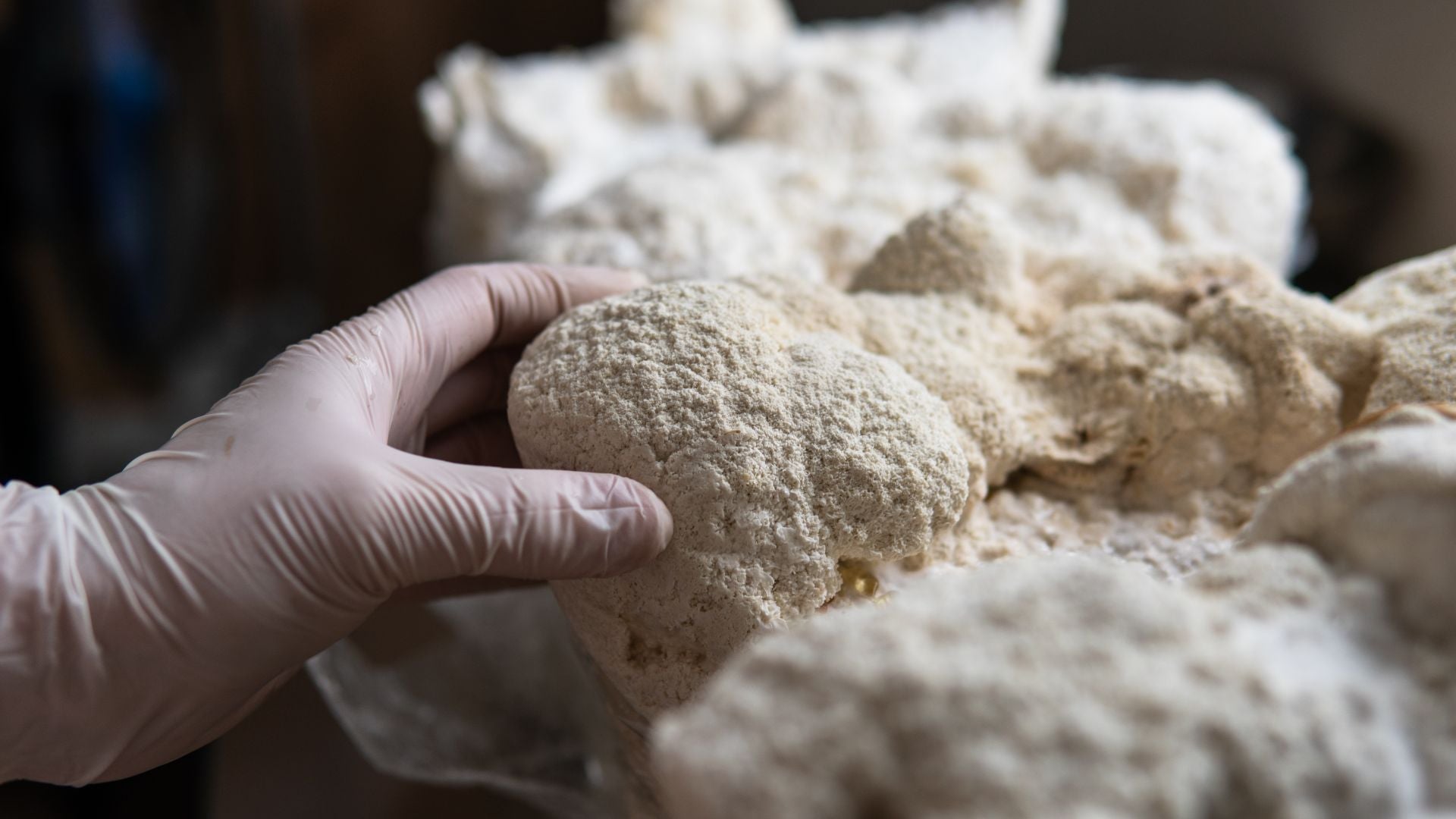Dr. Aiken is a PhD, chemical engineer, and physician. In his latest book "Neurodietetics: The Dietary Science of Human Flourishing," he explores how diet profoundly influences our minds and brains, and how we can use food to alleviate suffering and reverse pathologies.
Ben: Which plant-derived compounds (supplements) do you take or would you recommend for nootropics and mental performance: brain health, mental focus, and mood improvement?
Dr Aiken: I have this theory that I haven't really checked in the literature, but I believe there are many mineral deficiencies. I'm not a supplements guy. I like to get whole foods and not extracts. So, I think something happened over millennia of soil erosion causing many minerals like lithium, zinc (very important for brain health), selenium (important for immune function) simply not to be easily obtained. Take selenium, for example, it's in Brazil nuts, garlic, onions, and a few other sources.
Think about iodine; iodine deficiency is the most common cause of preventable brain damage worldwide. Adding iodine to salt is a great idea, but for people who don't want to use additional salt due to blood pressure concerns, it's a problem. That's exactly what I address in my latest book: how to flourish from a cognitive, emotional, and behavioral perspective.
You don't have to be depressed or mentally ill. There's a whole spectrum of degrees of cognitive, emotional, and behavioral excellence. Going back to the details about food, I have to make a statement: talk to your doctor before attempting any self-treatment and always test how your body will react.
Ben: You talk a lot about l-theanine in the book as one of the things you can use to increase alpha brain wave production, and it also has some really cool neuroprotective properties. And I noticed you have this green tea workout drink that you make. You call this your workout drink (hibiscus and green tea, very concentrated sources of l-theanine). Can you explain to me the recipe for your hibiscus and green tea drink and why you chose the specific ingredients you did?
Dr Aiken: I use this drink all the time, really enjoy it, and recommend it. Firstly, it's based on two main ingredients, well, three: water, green tea, and hibiscus flowers. Green tea is the most consumed beverage in the world for its psychoactive properties. Green tea is the natural state of the plant; black tea is more oxidized and less beneficial. It's the most popular in the United States. It has caffeine, obviously. But this stimulating effect of caffeine is modulated by this L-theanine. So the idea is to be somewhat focused, but without getting nervous.
Ben: "Alright. Being able to cut back on a bit of caffeine can be very beneficial."
Dr Aiken: Theanine crosses the blood-brain barrier, which is tremendous. Not all compounds do this. It is anxiolytic, its calming effect increases the neurotransmitters serotonin and dopamine. It increases the alpha wave that makes us be fully present in the moment. Think about the power of now, of meditation.
And it's great for depression and mood as well. Also, in green tea, there are polyphenols, rich in polyphenols. In fact, 30% of the dry weight is polyphenol. So, it's really rich in polyphenols. For intense physical exercises that produce oxidative stress, it's truly fantastic. Now, this effect may not occur while you're exercising, depending on the duration of the exercise; if it's hours and hours, then it might. If the time is shorter, it will certainly be afterward.
You can find the complete interview here on the website of our favorite American biohacker and regular feature in our posts, Ben Greenfield.









